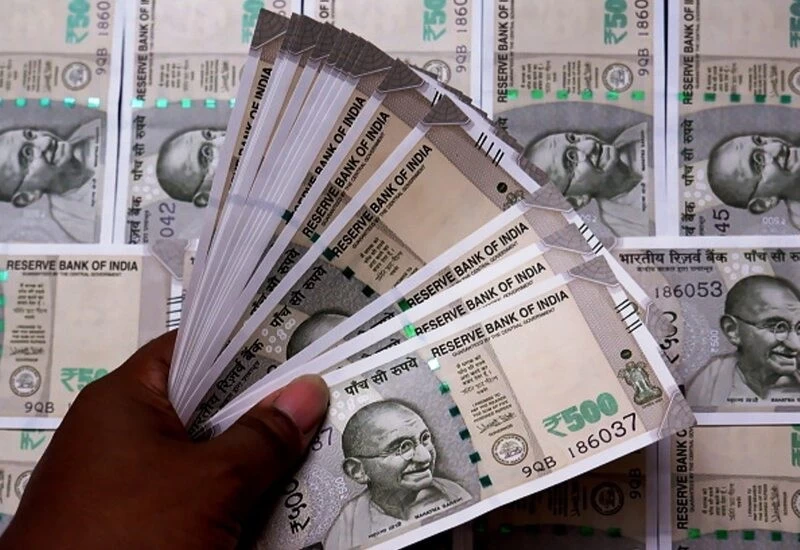The horrific proliferation of Corona Pandemic has taken lakhs of people in the country. Many families have lost their heads. If such people leave some assets with them, then all kinds of liability. In such a case, the question arises that what will happen to the loyalty like their home loan, credit card? Will it be to repay the kin or there is no way.
The experts say that if you talk about the loan then all types of loans are not alike in this case. In the case of home loan, Auto Loan, the loan recovery for the bank, financing companies are easy, because the assets are connected in this case, but there is a slight difference in the case of personal loan, credit card loan etc.
Home Loan: Home Loans are quite a long-term loan. Therefore, the bank has such a system, the loan structure has such a way that the loan recovery of the loan is not affected when the debt was killed. Banks keep a husband or wife or any other family in such a loan. Not only that many times it is also seen that the borrower has enough insurance policy or not.
If anyone is died then the responsibility of paying the loan is done by the other. In such a case, if someone's family dies and he has a loan in a loan with him, then he should give a bank or a loan institution to the death of his fellow barion. If the EMI of the home loan or other loan was being done by the person's account, then it should be changed first and the name of the dead person should be removed. Should be paid to your account.
How to free from the burden of the loan: If the person who is taking home, then the outstanding loan can be a huge burden for the family. But most people taking loans have taken a good term policy for themselves or the loan is insured. So if the family does not have information, then you should know by seeing the document. Such people can easily pay outstanding loans by getting the amount of insurance and can be completely free.
Certified Financial Planner (CFP) Pankaj Mathpal explains that the bank or other lenders give time to it that they pay the loan or pay the EMI by obtaining the amount of insurance. Assumed that if someone's spouse is not in a position to repay the loan, then his son-daughter can also pay it. Seeing the credit rating of the bank son or daughter, the EMI can decide and can make an appointment for its loan. If any loan is not in a position to repay, then the bank can take possession of property or house. Under the Sarfaesi Act, the bank has this right. He can recover his outstanding amount by the auction of this house.
Personal Loan / Credit Card: Personal Loan and Credit Card Borrowing are kept in the category of Unsecorded Loan, if a borrower dies, then the bank or other credit card companies right off the loan i.e. in the discount account Put. Legal heir can not be bound to repay this loan. Even in the case of personal loan, companies often see that there is a loan-taking insurance policy. Insurance companies at the death of the borrower tries to recover their money from this insurance company. If the family is ready to return personal loan with your will, then no matter, but the bank or company can not force it for it.
Vehicle Loan: On the death of a loan taking in the case of vehicle loan, the lender asks to repay the land and repay this loan, but if the family is not ready for it then the company takes its possession in its possession and its Auctioned your outstanding amount.
Education Loan: Education Loan is not given without any guarantee. Not only this, if the loan amount is high then parents have to be bailed too. Therefore, if a student taking a loan, then the bank asks to pay the outstanding amount from the guarantor of this loan. Property may be auctioned on bail on not paying the loan.


